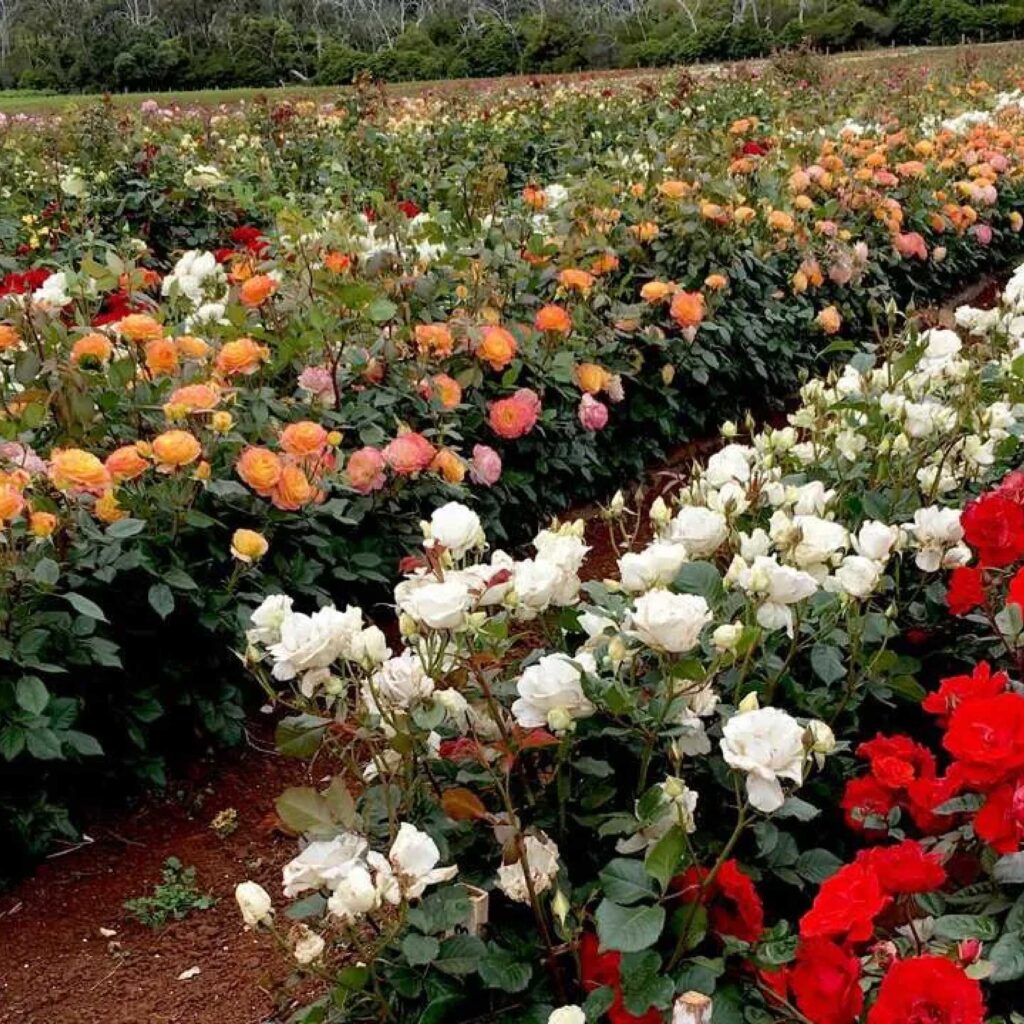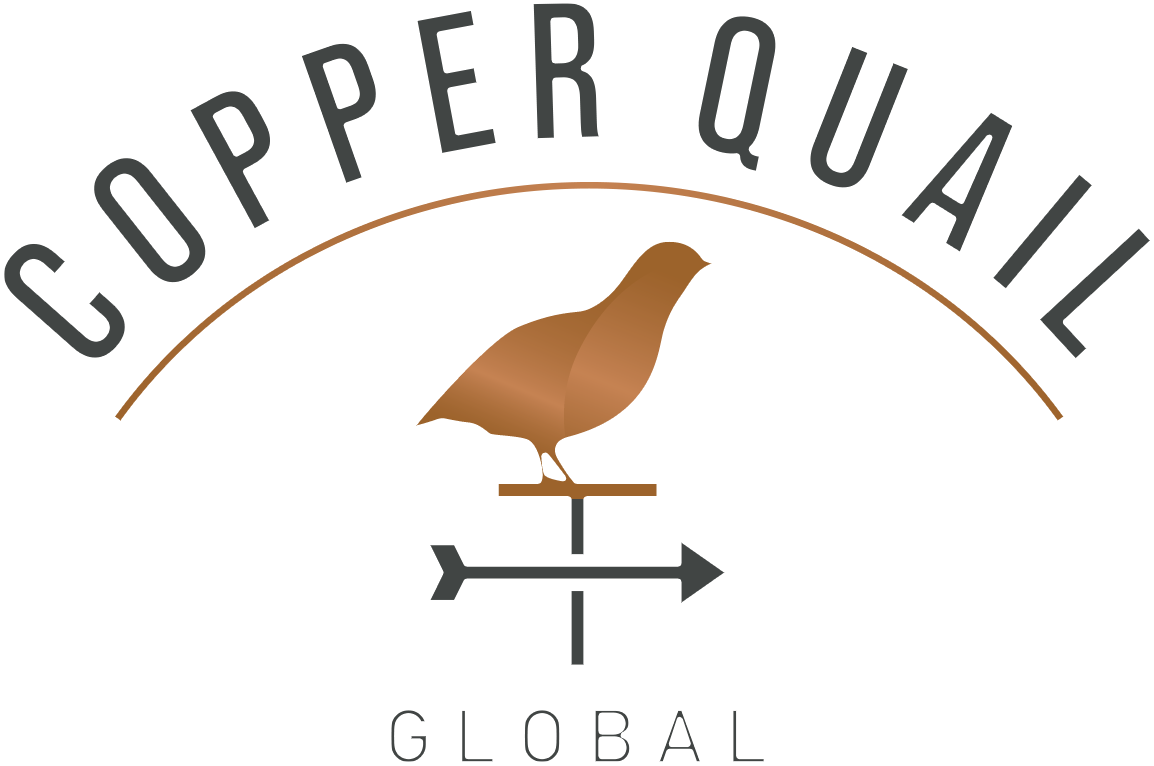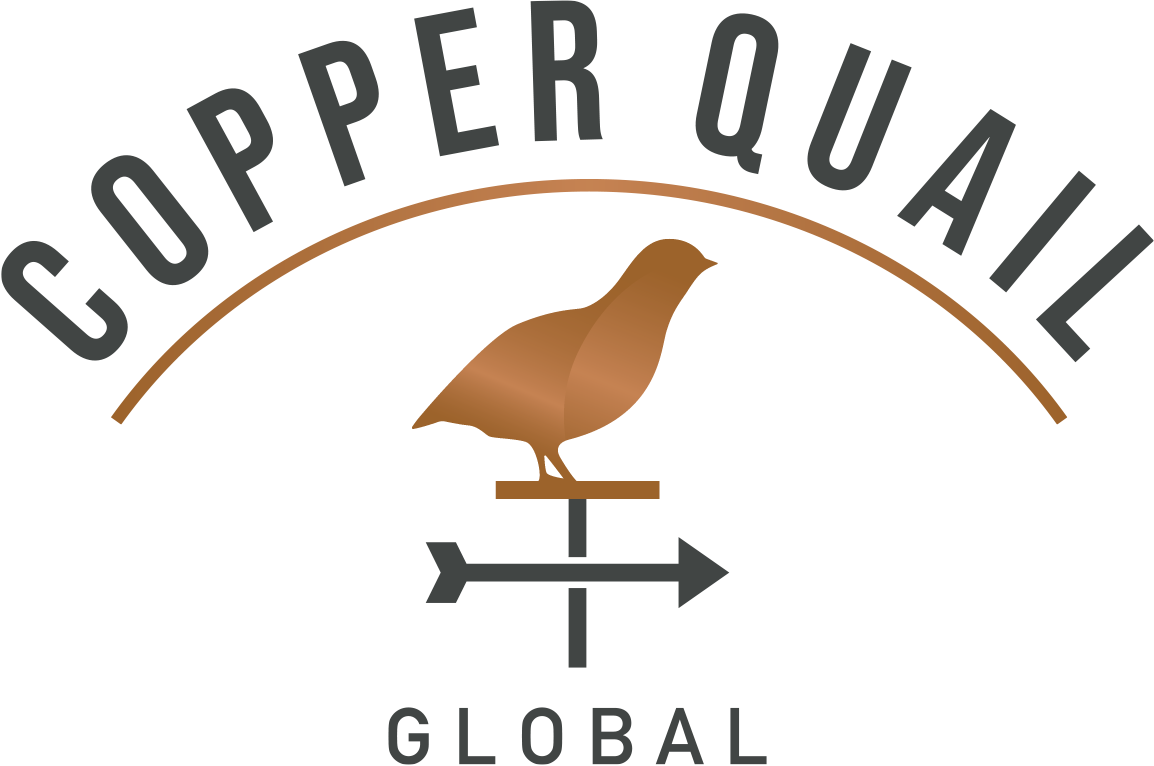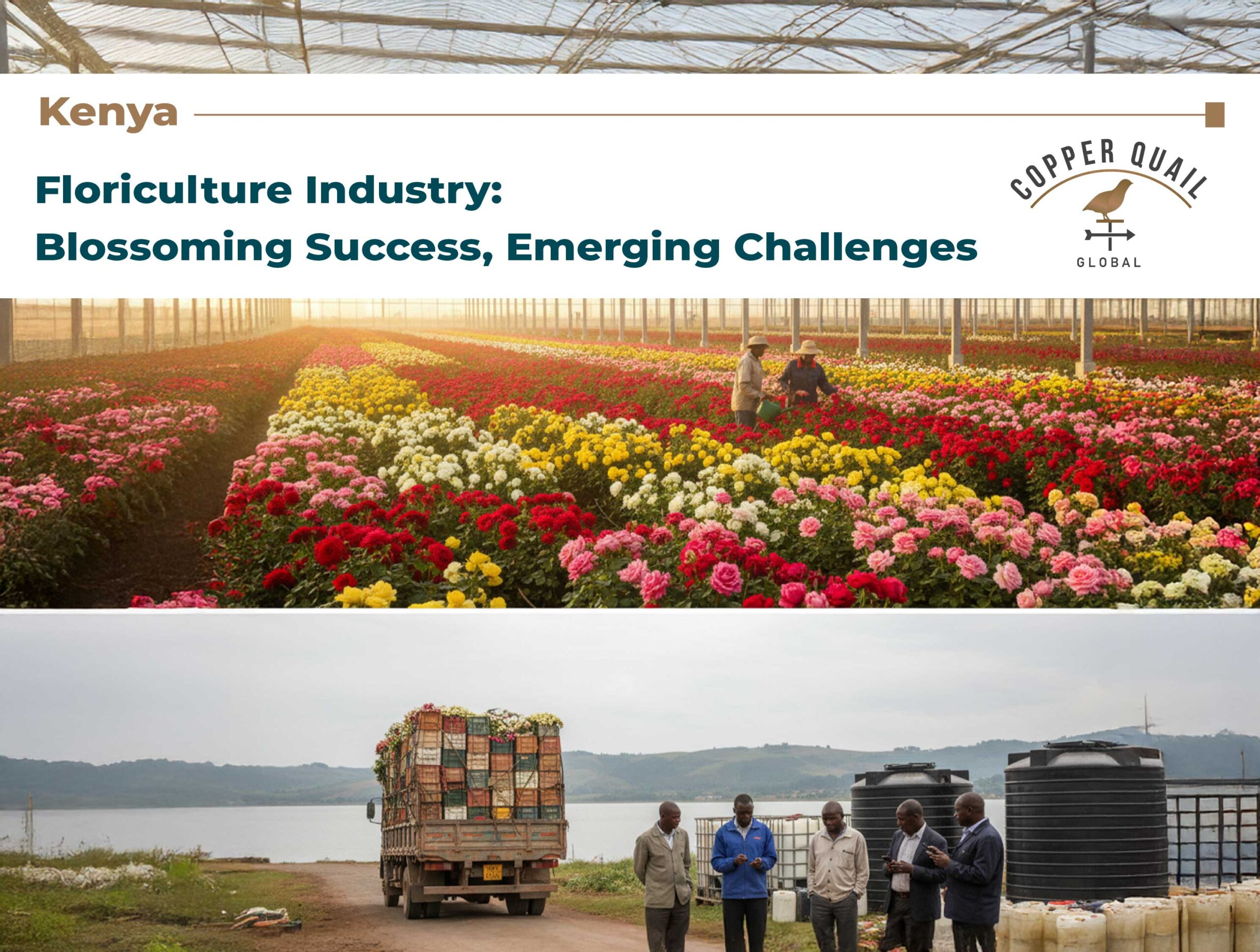At Copper Quail Global, we’ve seen how human capital drives Africa’s most dynamic industries. Few sectors illustrate this better than Kenya’s floriculture industry—a global success story that showcases the power of skilled people, strategic investment, and international partnership
Kenya: The “Flower Garden of Africa”
Kenya is the fourth-largest exporter of cut flowers globally and the undisputed leader in Africa. With ideal climatic conditions, advanced production practices, and a skilled workforce, the country exports 200,000 tons of flowers annually to more than 60 international markets.
40% of roses sold in the EU originate from Kenya.
The sector contributes 1.3% of Kenya’s GDP and 33% of agricultural GDP.
Over 200,000 Kenyans are directly employed, with another 1 million in supporting industries—from logistics and packaging to cold chain management.
This makes floriculture not only a major foreign exchange earner but also one of Kenya’s largest employers, underscoring the importance of human capital in sustaining growth.

The Role of Logistics, Technology & Skilled Talent
Floriculture is a highly complex value chain. Flowers, as perishable luxury products, must reach global markets quickly and in pristine condition. Success relies on:
Cold chain logistics – from farms to auction houses in Europe and beyond.
Packaging innovation – from space-saving shipping boxes to QR-coded labels that tell the “story” of each flower’s origin.
Technology & market intelligence – ensuring supply matches consumer demand in real time.
Specialized talent – agronomists, supply chain managers, and export compliance experts drive competitiveness.
At its core, the industry is powered by people—skilled professionals who understand not only the science of cultivation but also the art of global trade.

Kenya’s floriculture industry is projected to reach US$1.4 billion annually within the next decade, thanks to favorable trade agreements:
The EU–Kenya Economic Partnership Agreement (2023) boosts access to European markets.
The UK’s suspension of import duties strengthens East African exports.
Expanding markets in Saudi Arabia, Australia, and the US offer further growth potential.
Yet challenges remain:
Rising air and sea freight costs.
Stringent EU quality standards.
Growing regional competition from Ethiopia, Tanzania, and Zimbabwe.
- Still, Kenya’s experience, infrastructure, and talent give it a strong competitive edge.
Human Capital at the Heart of Growth
Behind every bloom is a skilled professional—from the farm worker ensuring precise cultivation, to the supply chain expert safeguarding quality, to the executive negotiating trade agreements.
At Copper Quail Global, we believe Kenya’s floriculture success highlights a broader truth: Africa’s growth industries thrive when people, processes, and partnerships align. With over 15 years of experience connecting businesses to talent across Africa, we understand what it takes to build resilient teams in fast-moving, globally competitive sectors.
Africa is blooming—and so are the opportunities for businesses and professionals ready to grow with it.


